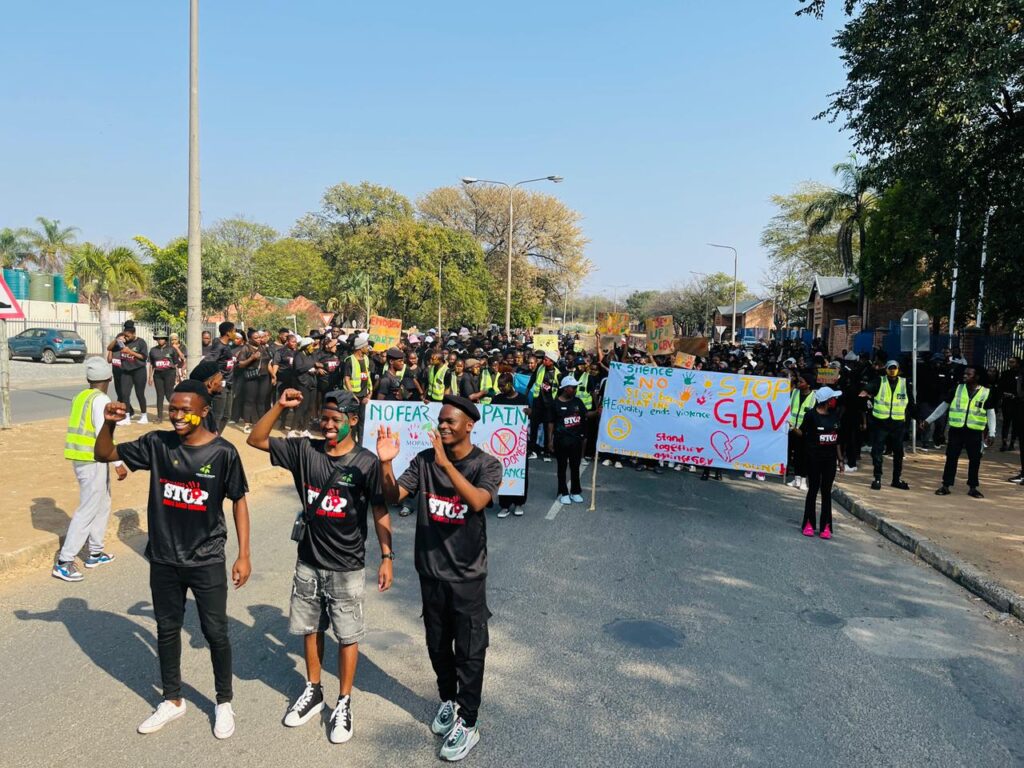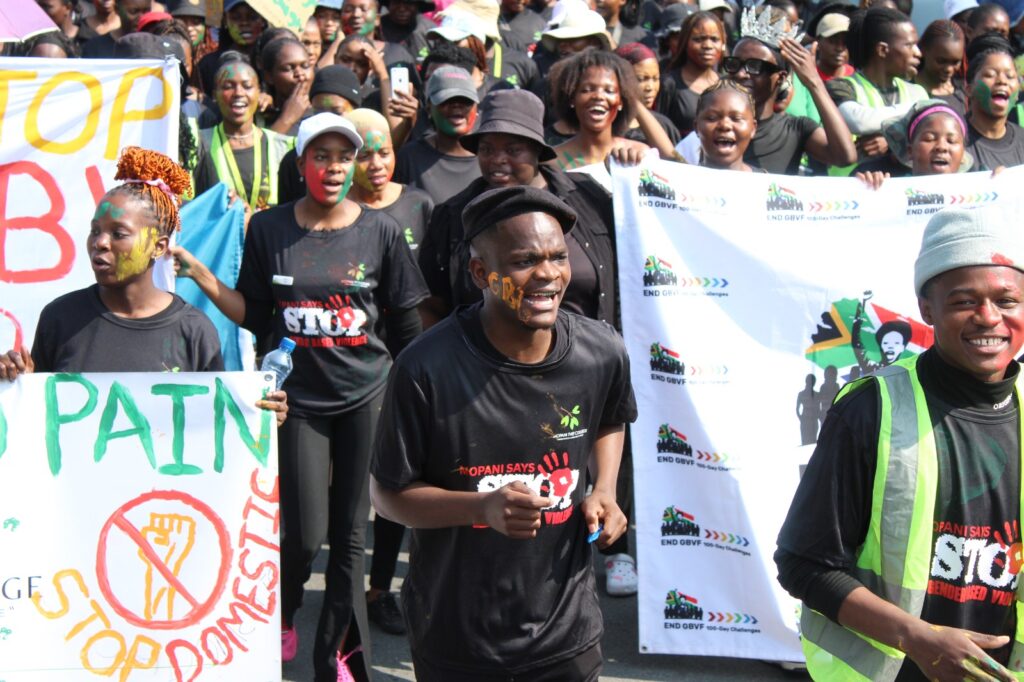By Duncan Mnisi
As South Africa navigates the ongoing challenges of inequality, corruption, and social fragmentation, one question resonates deeply: Would Steve Biko, the legendary anti-apartheid activist and founder of the Black Consciousness Movement, recognize the country today?
Or would he, like many of us, conclude that his dream of a liberated, self-aware, and united society remains unfinished?
Biko’s legacy is etched into the fabric of South Africa’s history.
He was a beacon who challenged apartheid’s oppressive structures and championed psychological liberation, dignity, and self-awareness for black communities.
Today, his ideas transcend history, urging us to ask whether the nation’s current path aligns with his vision of “true humanity.”
I recently had a conversation with Advice Mkhombo, SRC president at Mopani TVET College’s Phalaborwa campus, reflected on Biko’s enduring influence:
“Biko’s work continues to shape our society by reminding us that liberation is not just political but deeply psychological,” he said. “His focus on instilling pride and self-worth remains a powerful force for young people and marginalized communities.”
Yet, as Mkhombo and many others observe, South Africa continues to grapple with pressing challenges—inequality, corruption, gender-based violence, and the erosion of values that Biko himself tirelessly confronted.
Would he recognize a nation still burdened by economic disparity, political mistrust, and fragile social cohesion?
The echoes of Biko’s influence remain vivid, especially in youth-led activism.
His tragic death in 1977 ignited protests, student uprisings, and global outrage.
The defiance of Thembalabantu High School students, who stormed out of their hall singing revolutionary songs only to be met with teargas, exemplifies the enduring spirit Biko inspired.
His funeral, attended by over 20,000 mourners, became a symbol of resistance that shook the international community. Bono’s tribute song Biko and the global sanctions against apartheid South Africa illustrate how his ideas transcended borders and galvanized worldwide solidarity against injustice.
So, would Biko view today’s South Africa as the fulfillment of his dream—or as a deviation?
On one hand, the country has achieved undeniable milestones: the dismantling of apartheid, a democratic constitution that enshrines human rights, and international recognition for its transformation. On the other, persistent inequality, corruption, and growing disillusionment paint a more sobering picture.
Biko’s call for “psychological liberation” and dignity remains unfulfilled for many, especially youth living in poverty and marginalized communities.
In his 1972 writings, he emphasized that true liberation requires transforming mindsets and instilling confidence among the oppressed.
As Mkhombo noted, that challenge still resonates powerfully today.
Movements like #FeesMustFall and #BlackLivesMatter echo Biko’s message of empowerment, self-awareness, and change. Yet systemic barriers continue to block progress. The question remains: has South Africa truly embraced Biko’s vision of “true humanity”?
Biko saw education as the cornerstone of liberation. Through bursary funds and community projects, he sought to empower individuals economically and culturally.
Today, initiatives like the National Health Insurance (NHI) and efforts toward universal healthcare reflect his call for social solidarity—caring for the sick and vulnerable as a moral duty.
He also warned against materialism and individualism, urging instead a collective consciousness.
In our digital age, activism and unity are amplified by new platforms, but so too are risks of superficiality and disconnection. Would Biko view these tools as instruments of liberation—or as distractions?
Would Biko recognize today’s South Africa?
Perhaps not entirely. Yet his ideas remain an unshakable blueprint for transformation. As new generations confront inequality, corruption, and division, his legacy calls on us to look inward, build communities rooted in dignity, and pursue a society where liberation is fully internalized.
In Biko’s own words: “It is better to die for an idea that will live, than to live for an idea that will die.” Our task is to ensure that his ideas continue to inspire and guide us toward a just, inclusive, and truly humane South Africa.

Credits: Advice Mkhombo (Supplied)







